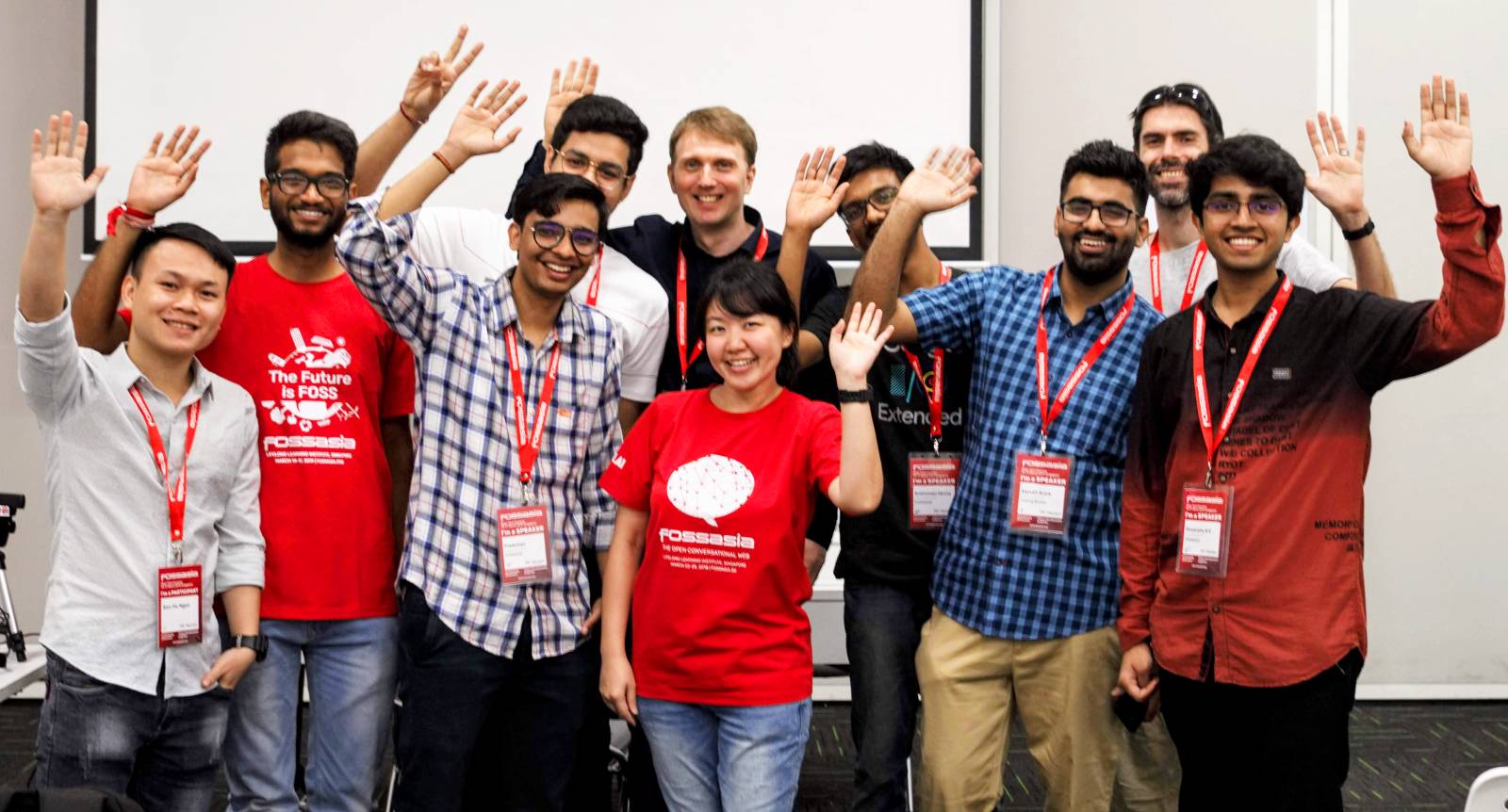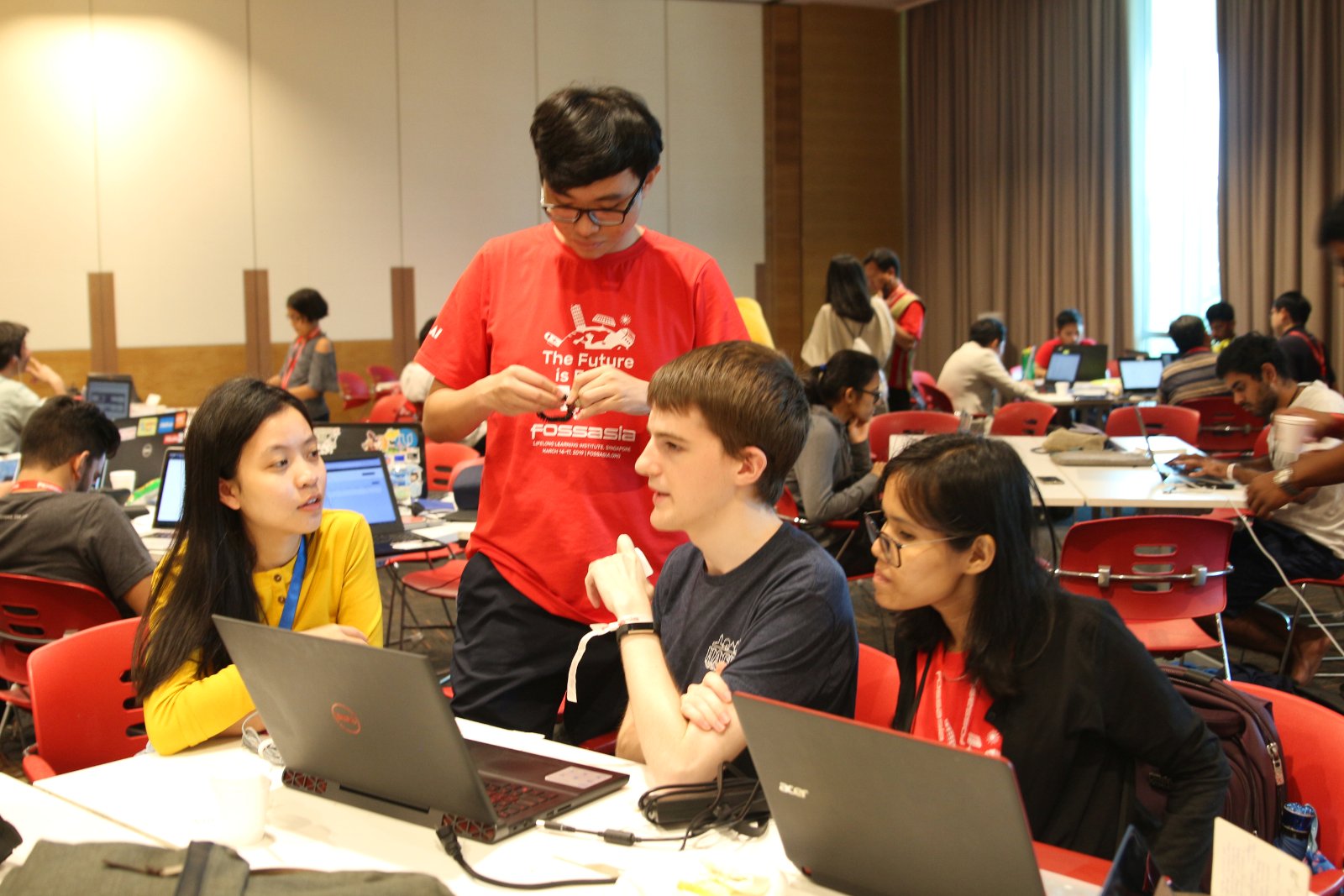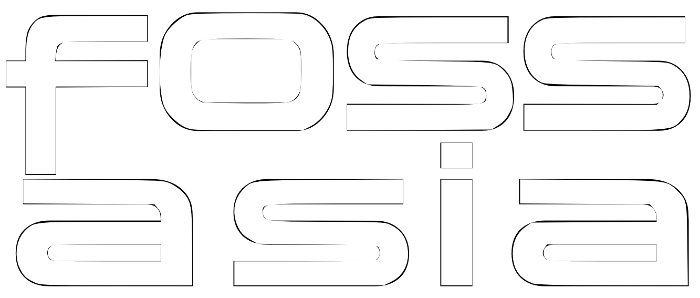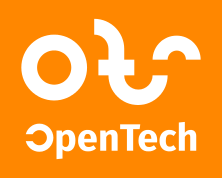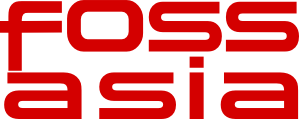700+ participants
700 registered in the Codeheat contest 2018/19 and learnt how to participate in the FOSSASIA developer community.
2000+ merged pull requests
More than 2000 pull requests were merged during last year's contest. Participants also submitted scrum reports, wrote blog posts and created entirely new projects in the FOSSASIA community.
35 mentors
Mentors are developers, engineers, university students, professors, and generally contributors who love to share and be a part of our open source community. They help creating better software for a better and just world.
Grand Prize Winners
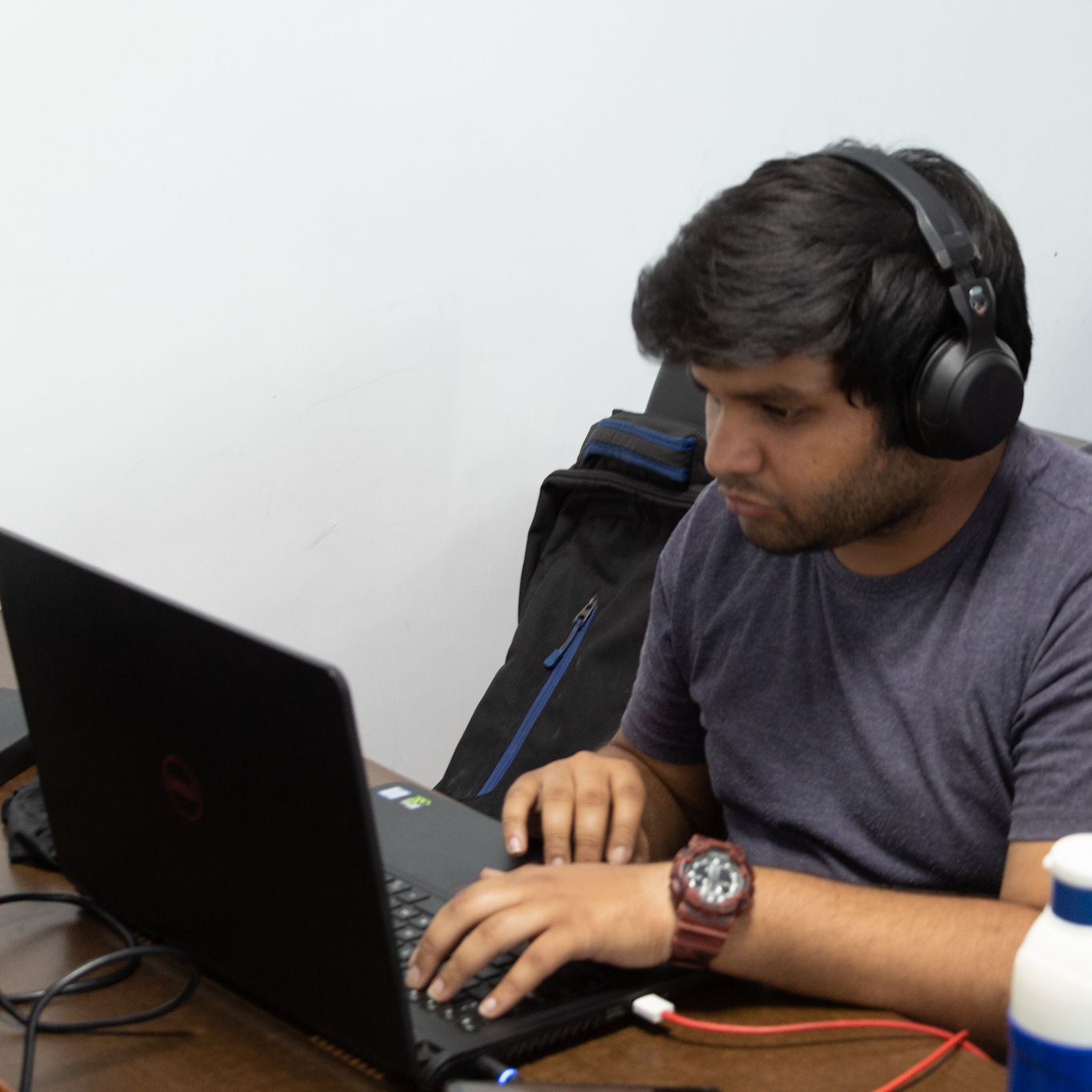
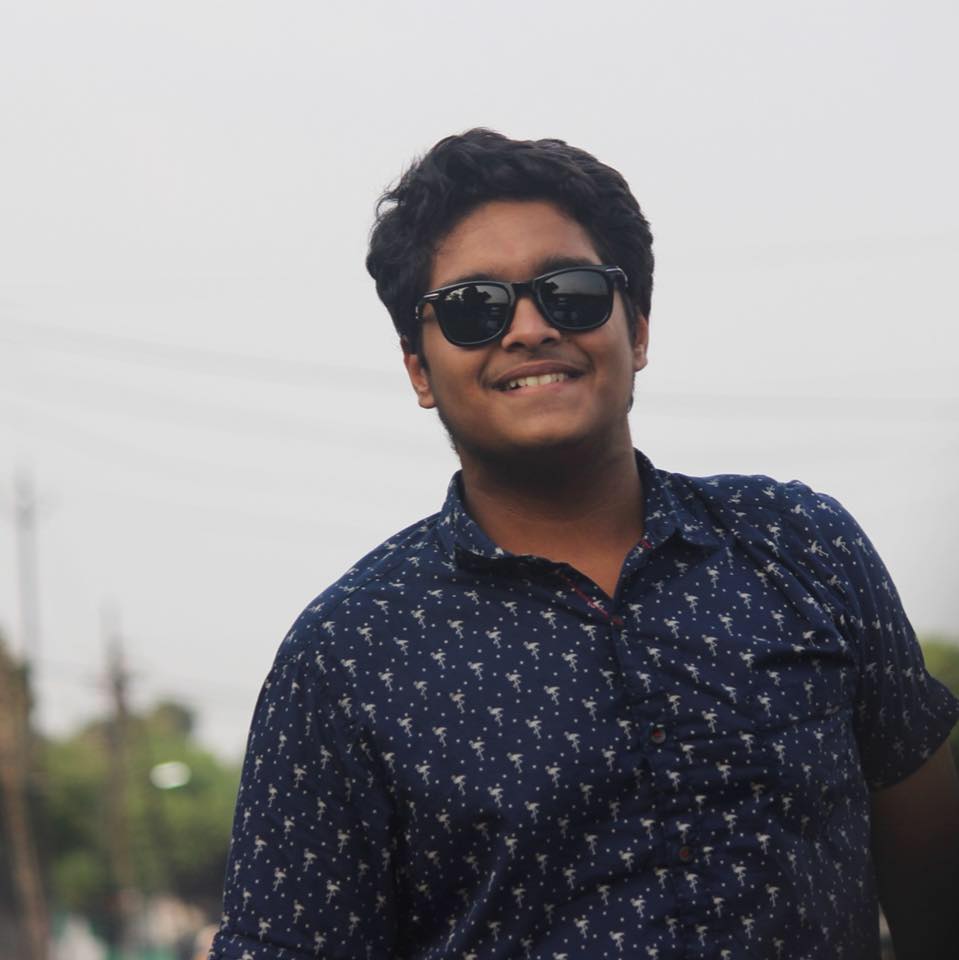
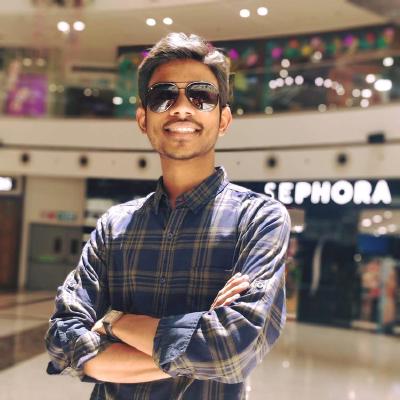
Finalist Winners
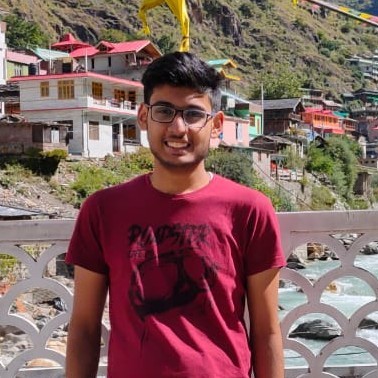
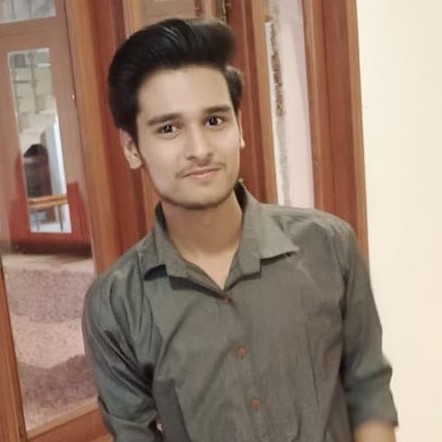
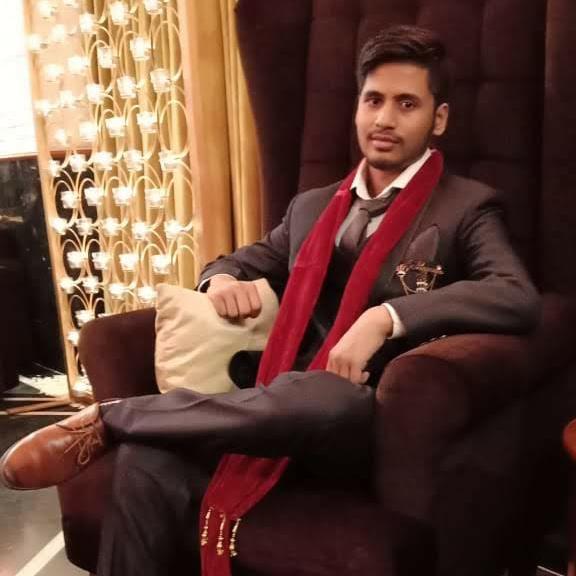
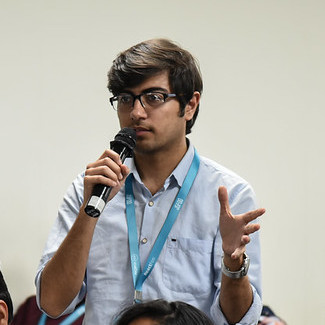
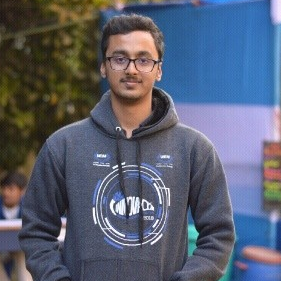
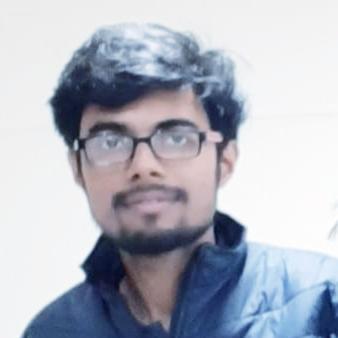
Participating Projects
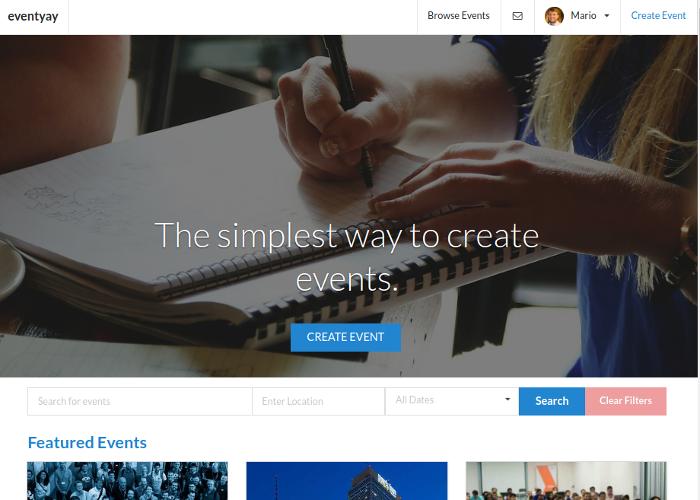
Open Event Web
The Open Event components run on the eventyay.com platform and help communities and organizations to sell tickets and organize their events and meetups.
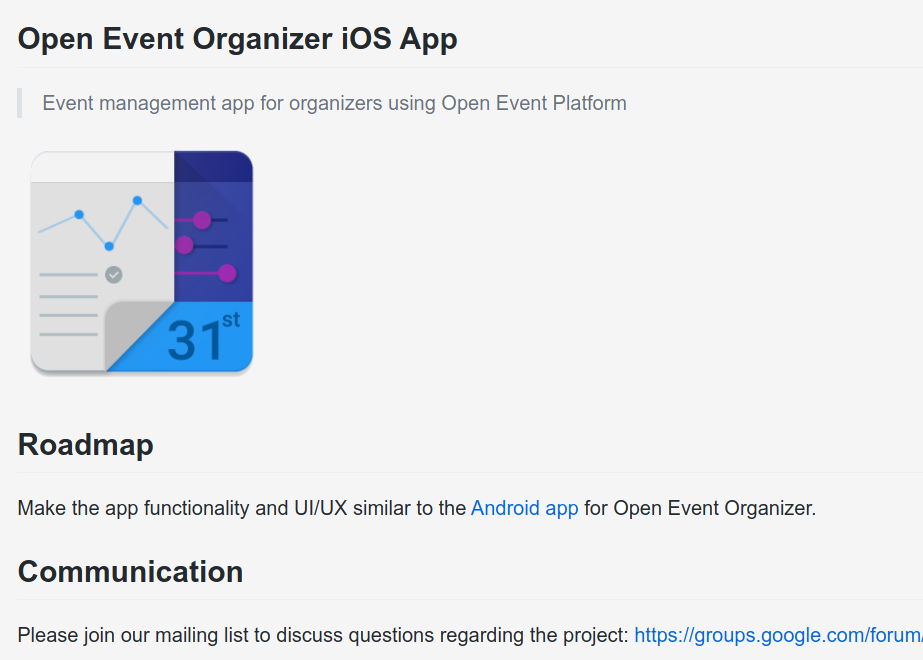
Open Event iOS Apps
The goal for the iOS apps for the Open Event project is to get them ready to work together with the Open Event hosted platform on eventyay.com and enable attendees to get tickets easily.
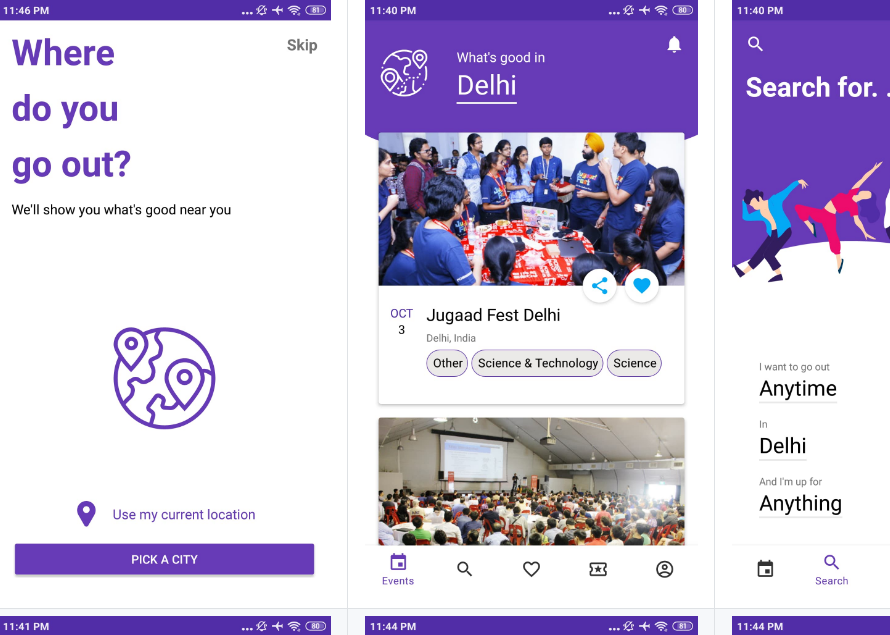
Open Event Android Apps
The Open Event Android apps for attendees and organizers work together with the eventyay.com website and make it easy to run events by letting them checkin easily.
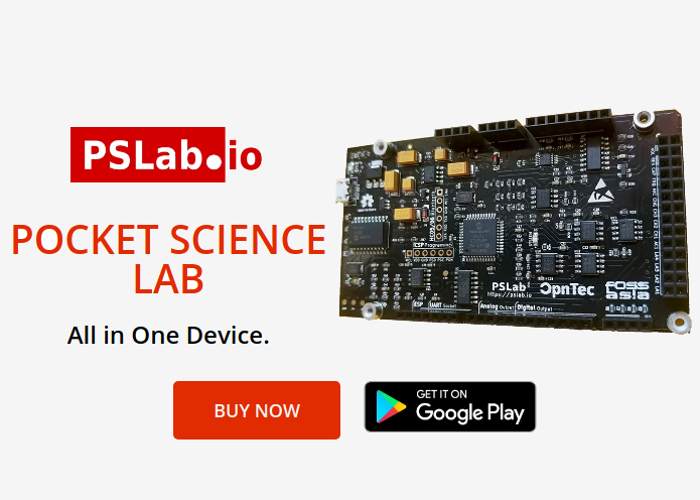
Pocket Science Lab (PSLab)
PSLab is a small USB powered hardware extension for your Android phone or PC that lets you measure all kinds of things. PSLab comes with a built-in Oscilloscope, Multimeter, Wave Generator, Logic Analyzer, Power Source, and we are constantly adding more digital instruments.
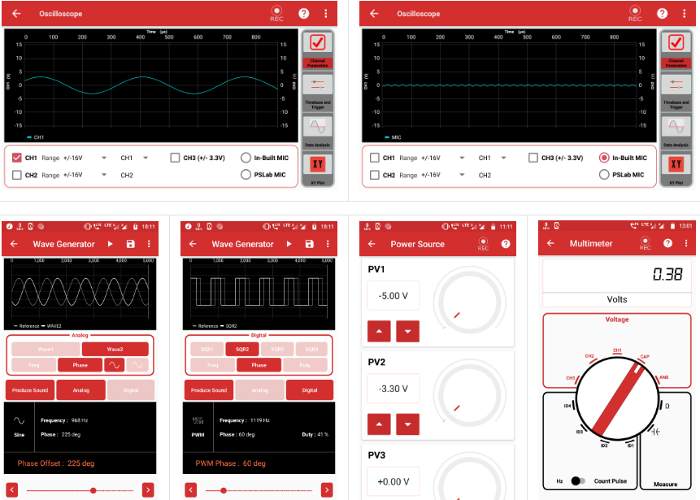
PSLab Android
The goal of Pocket Science Lab is to miniaturize science equipment and make it accessible for everyone using Open Source hardware. Using the computer power of an Android phone and connecting it to a Pocket Science Lab we can do lots of experiments and even control robots with up to four servors.
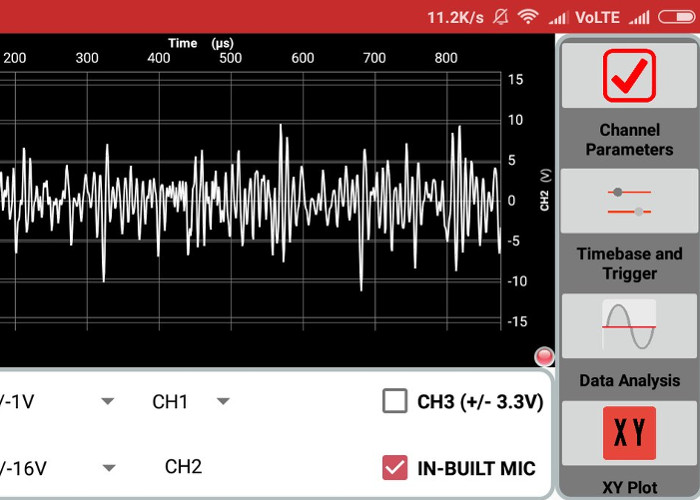
PSLab iOS
With Pocket Science Lab connected to a phone we can do our own science experiments. It works without the need for programming. What experiments you do is just limited to your imagination! But, currently we don't have an iOS app yet. The goal is to match the feature set of the Android app. As Apple restricts external devices we can access the PSLab hardware only through Bluetooth or WiFi.
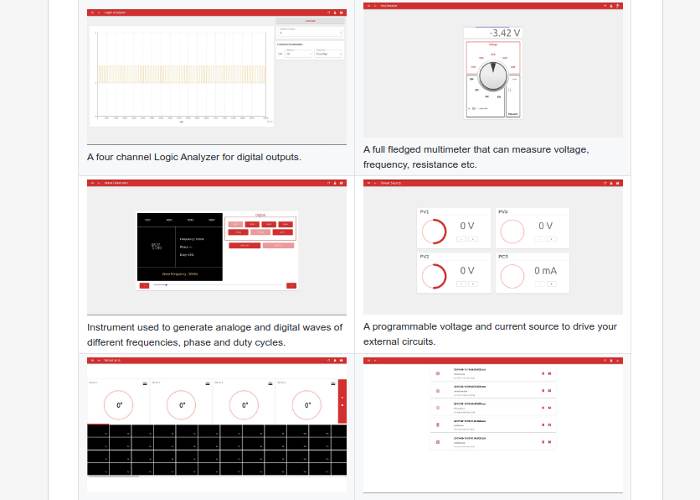
PSLab Desktop
Pocket Science Lab and a desktop computer is all you need to collect data around you and do lots of exciting experiments. Or, you can use it to control your own robot. Please join development of the desktop app using Electron, ReactJS and Python.
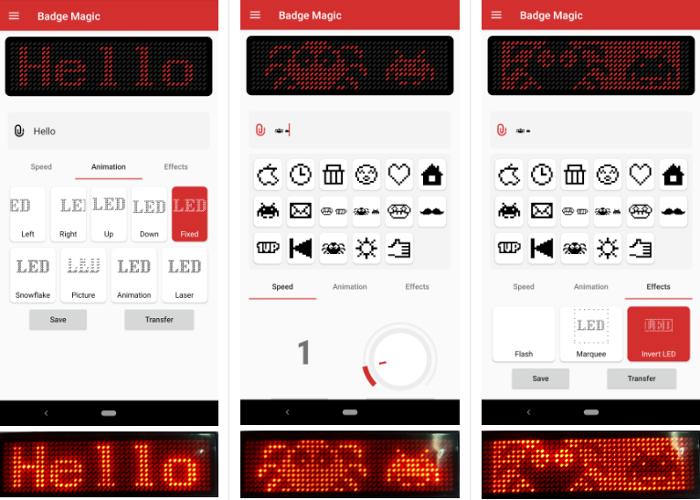
Badge Magic Android
The Badge Magic Android app lets you control LED name badges using a Bluetooth connection. The app provides options to portray names and cliparts. For the data transfer from the smartphone to the LED badge it uses Bluetooth. An upcoming feature is the conversion of images to cliparts that can be shown on the badge.
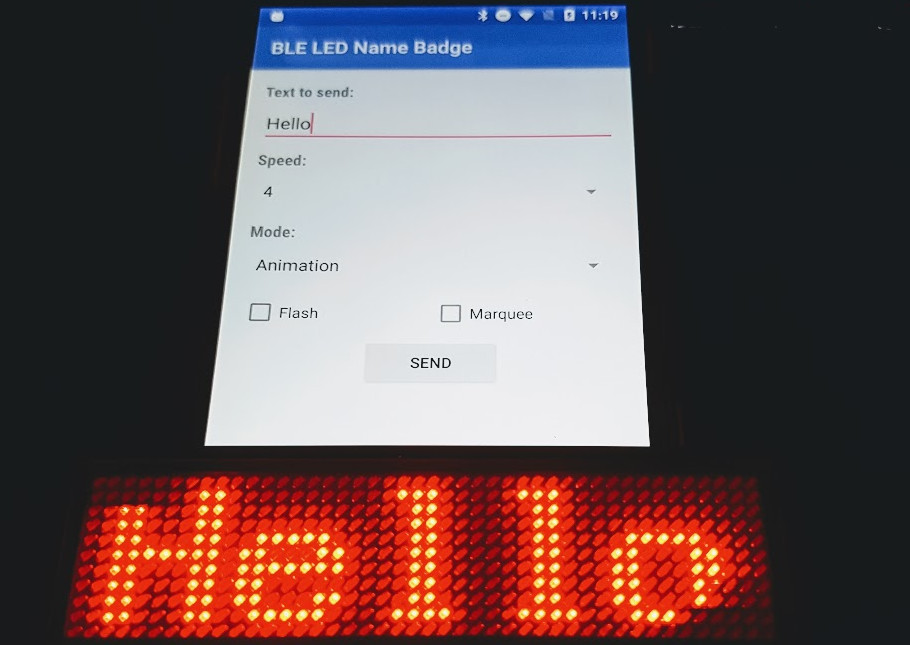
Badge Magic iOS
The development on the Badge Magic iOS app is starting. Our goal is to match the functionalities and features of the Android app. We want to control LED name badges using a Bluetooth Low Energy connection and to be able to transfer text and clipart from the iOS app to the badge magic device. Additionally user should be able to draw cliparts or convert their images to cliparts that can be shown on the device.
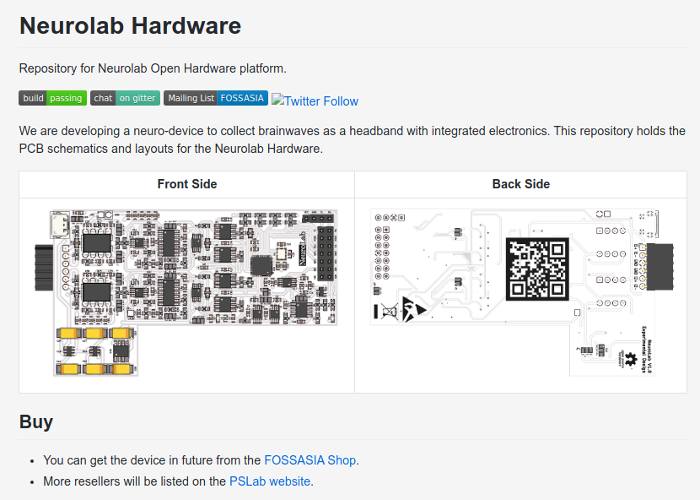
Neurolab Hardware
We are developing an open hardware platform for neuro-devices that can do measurements of brain waves or provide brain data to control other devices or play games. The neurolab hardware can be be plugged into a computer or smartphone. We are focusing on creating a device that collects as much data as possible through the forehead. The device could also be used for medical purposes or for meditation.
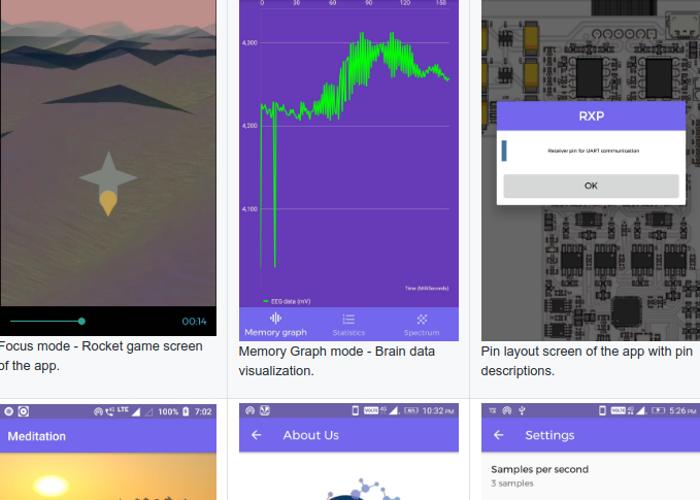
Neurolab Android
The Neurolab Android app enables users to use an open hardware neuro-device with a smartphone and do measurements of brain waves or play games controlled by the activity of their brains. Feedback channels to develop the app further can be visual or through sound.
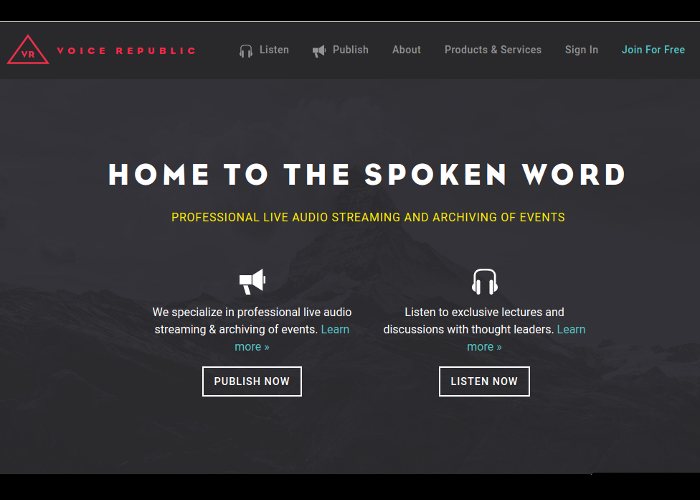
Voicerepublic
Voicerepublic is Home to the Spoken Word. It is a platform to record and host audio talks of conferences and podcasts. It was released as an Open Source platform in 2019. The next goals are to update the web service, to enable it to run on latest Linux systems, and to implement new features and auto-deployments with continuous integration.
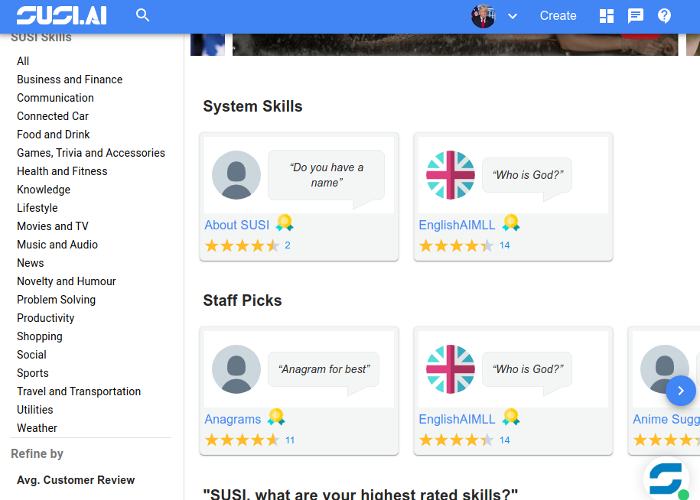
SUSI.AI Web Client
The SUSI.AI web client is build using ReactJS and HTML web technologies. It connects with the SUSI.AI server backend using JSON.
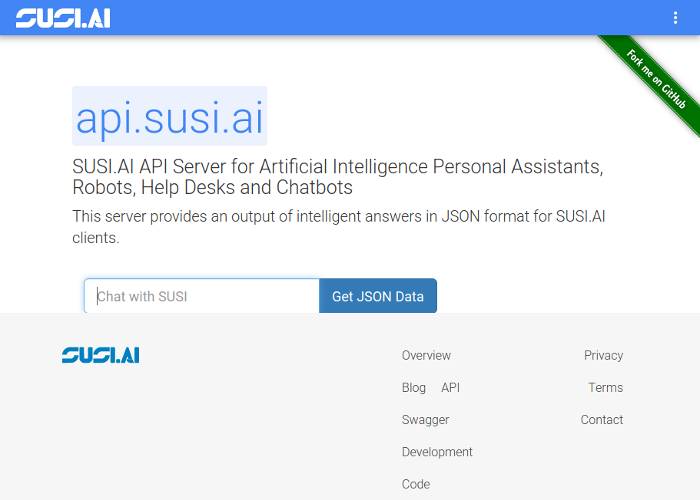
SUSI.AI Server
The SUSI.AI server is build using Java. It provides a JSON file for the SUSI.AI clients via a JSON. The SUSI Server component provides the intelligence of the SUSI.AI platform.
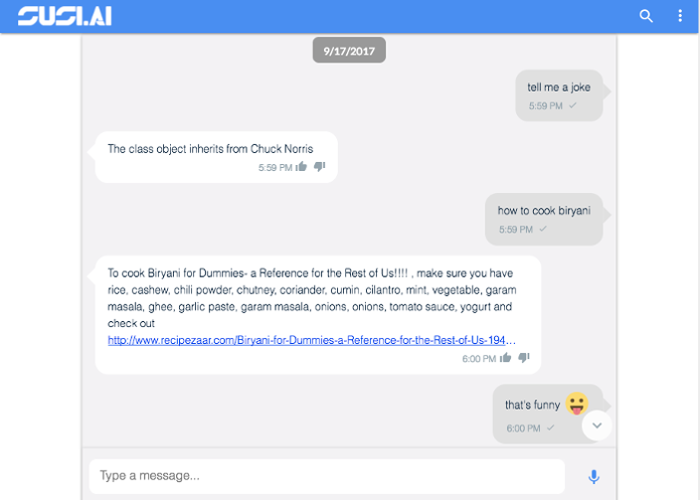
SUSI.AI Linux
The SUSI.AI Linux OS is a Debian based operating system that includes the SUSI.AI installer, SUSI Python and other components to enable SUSI.AI to run on smart devices using Raspberry PIs.
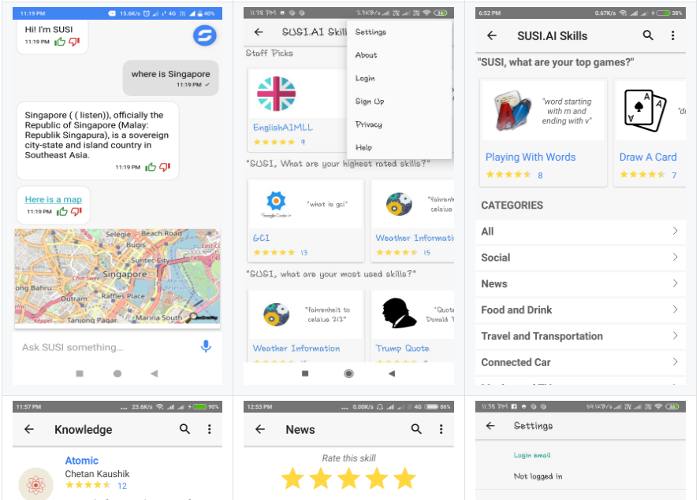
SUSI.AI Android
The SUSI.AI Android app lets users chat with SUSI.AI via text chat or voice. It is also possible to use it to configure the SUSI.AI smart speaker using the WiFi hotspot.
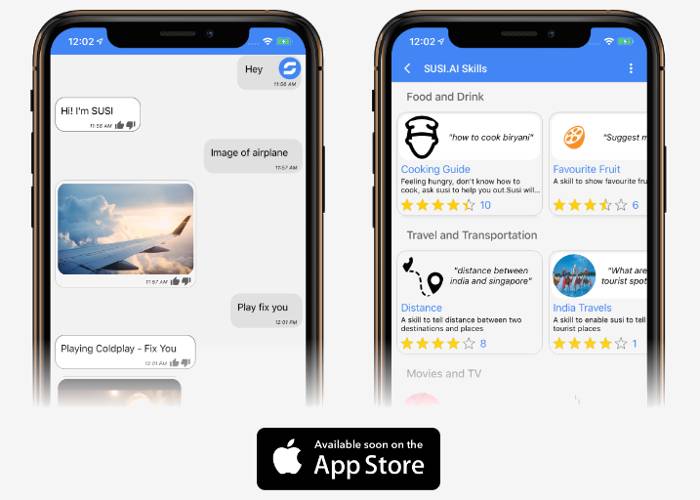
SUSI.AI iOS
Apart from progressing on the issues on the different SUSI.AI repositories, we want to focus on the development of the chat app and Skills editor. Another goal is to plugin SUSI to all kinds of web applications.
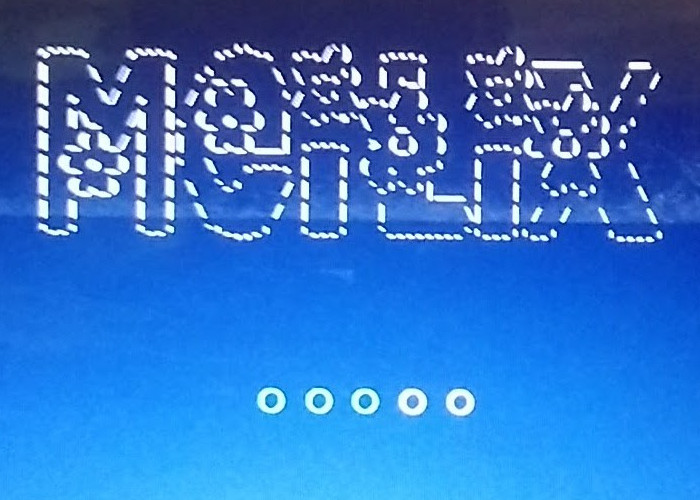
Meilix
Meilix is a beautiful Linux distribution based on Debian and lubuntu using LXQT and other lightweight applications. With the Meilix generator users can generate their own customized Meilix version for events, kiosk systems or home use.
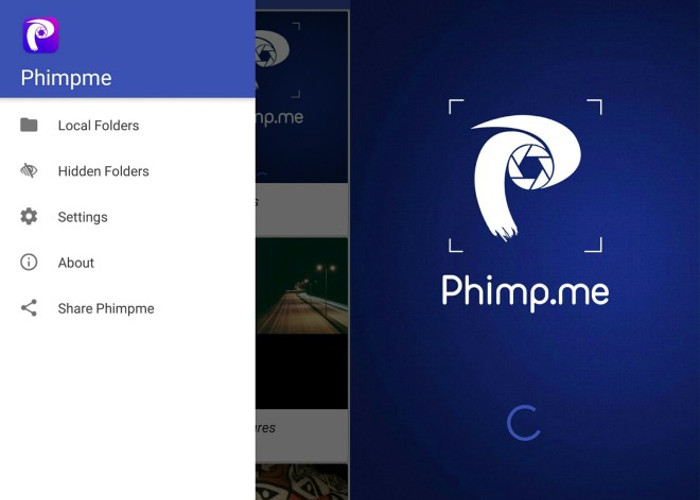
Phimp.me Android
Phimp.me is an image application for Android that does not miss out on features. Help to make the app more stable and support more social accounts in the app.
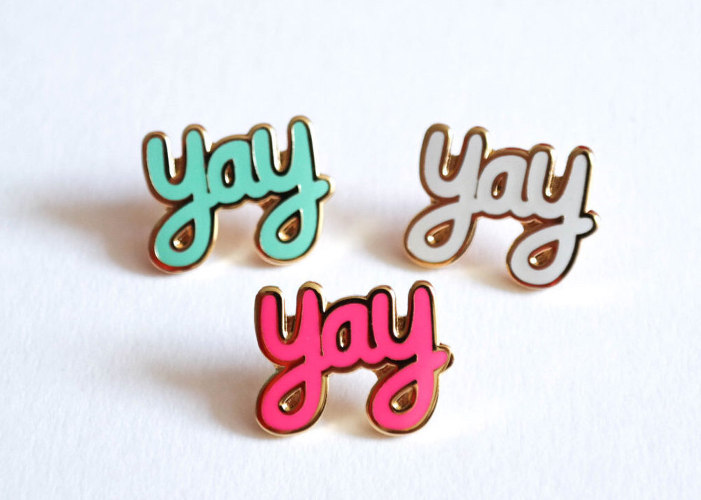
Badgeyay
At every event the same question comes up "how to print out badges". There are a number of proprietary websites out there, by why not create our own automatic badge generator for events?
About "In the Heat of the Code"
In the Heat of the Code is a coding contest for
FOSSASIA projects on GitHub.
The contest runs until February 2, 2020. Grand prize winners will be invited to present their work at the
FOSSASIA OpenTechSummit in Singapore from March 19-22, 2020 and will get up to 600 SGD in travel funding to attend, plus a free speaker ticket.
Our jury will choose three winners from the top 10 contributors according to code quality and relevance of commits for the project. The jury also takes other contributions like submitted scrum reports and technical blog posts into account, but of course awesome code is the most important item on the list.
Other participants will have the chance to win Tshirts, Swag and vouchers to attend Open Tech events in the region and will get certificates of participation.
Sign up here now
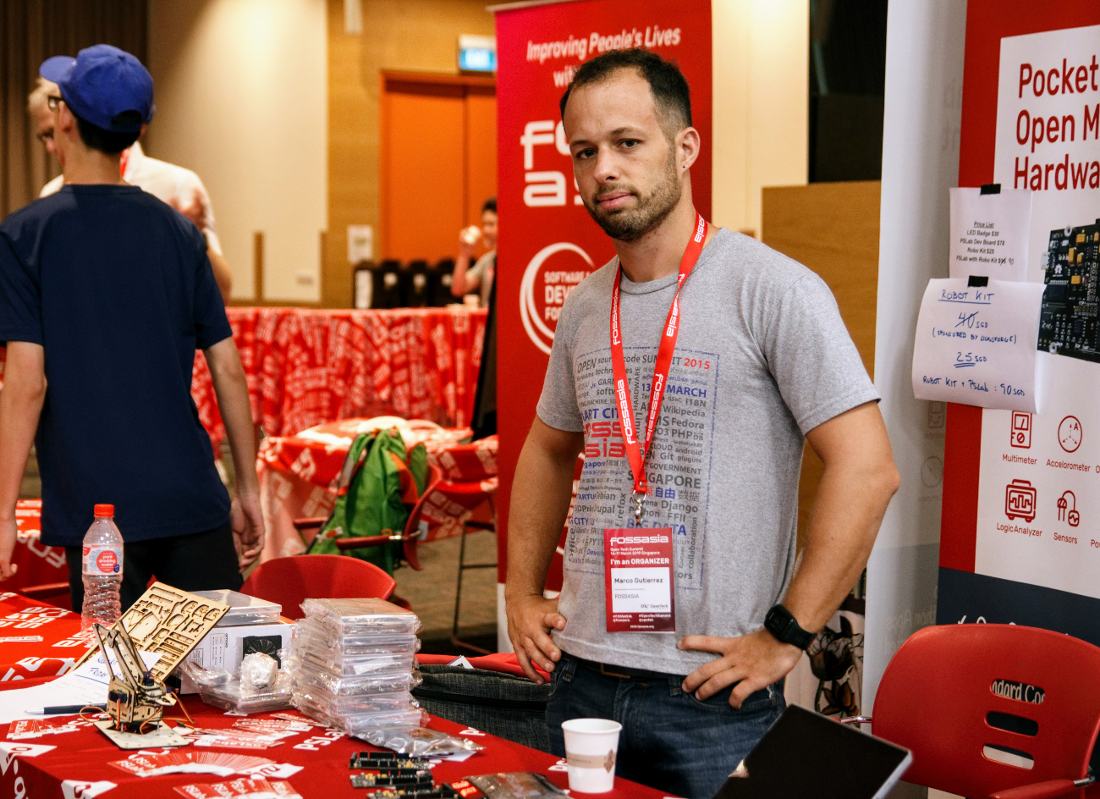
Jury
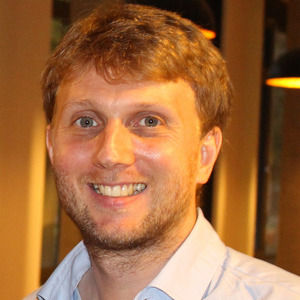
Mario Behling
CEO at OpnTec GmbH
Hong Phuc Dang
FOSSASIA FounderMadhushanka Padmal
Developer at PSLab
Michael Christen
Founder SUSI.AI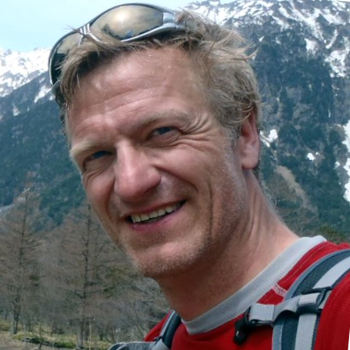
Norbert Preining
Senior Developer TeX (Live), SUSI.AI, LinuxMentors
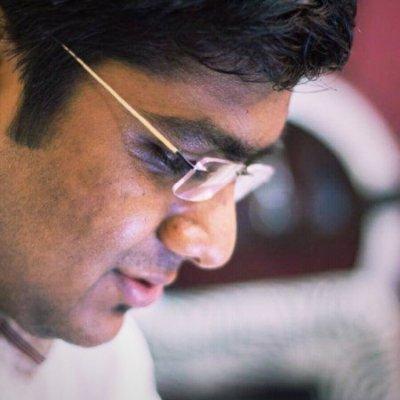
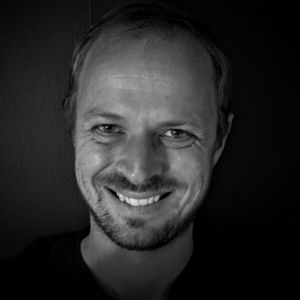
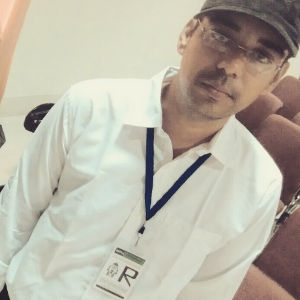
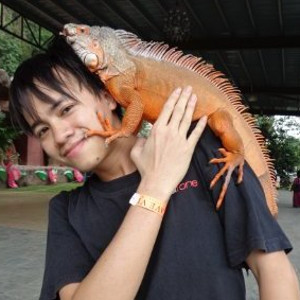
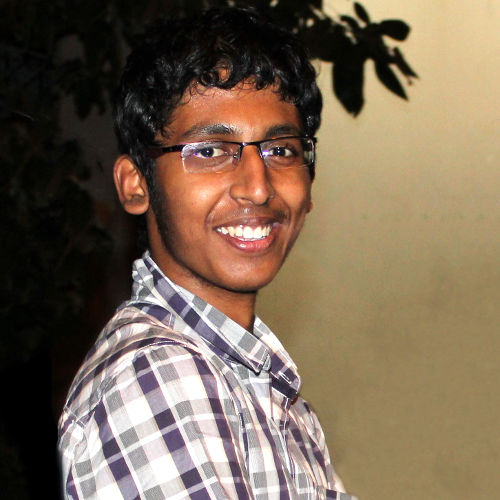
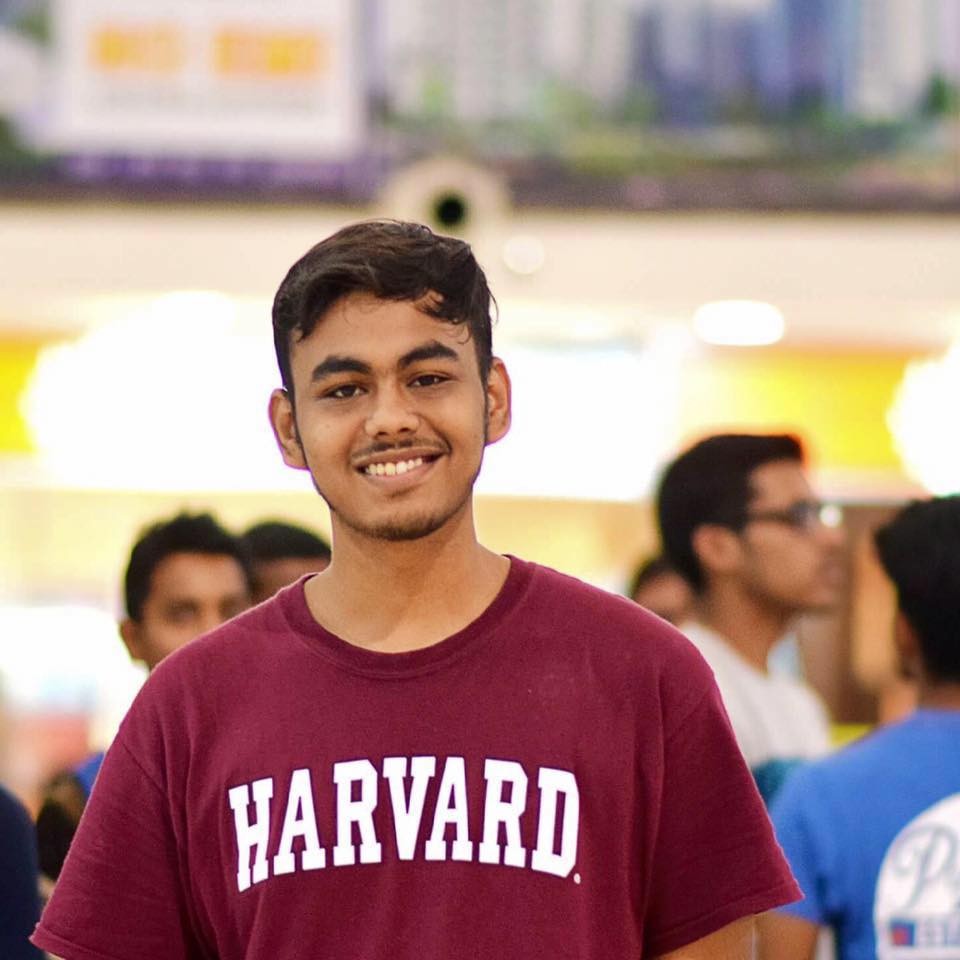
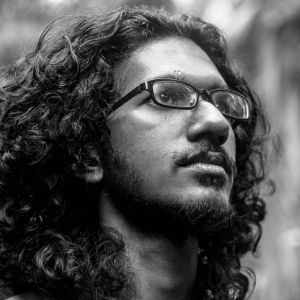
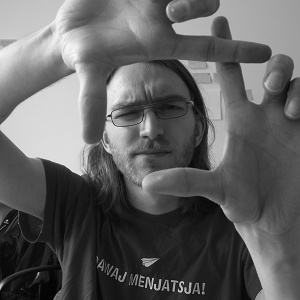

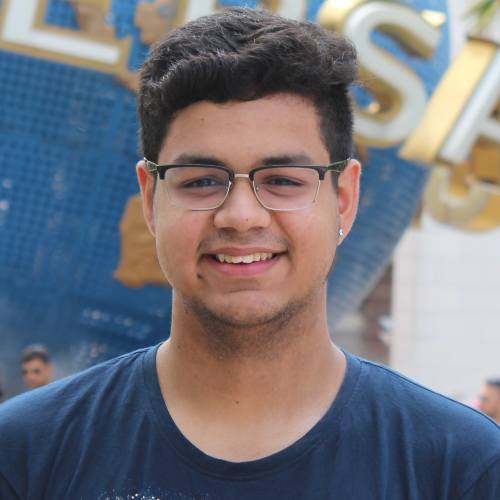
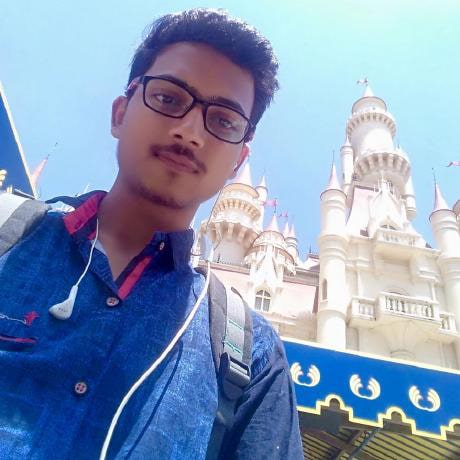
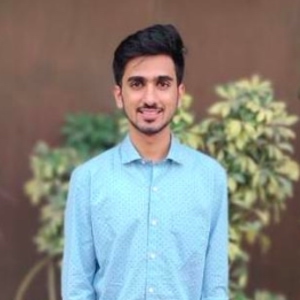
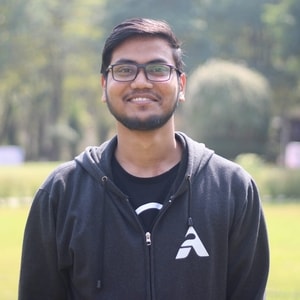
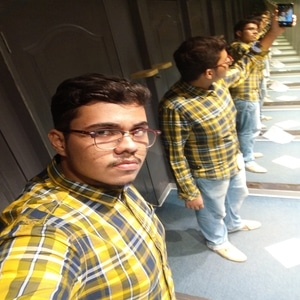
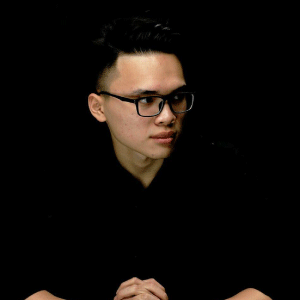
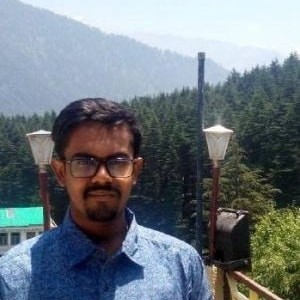
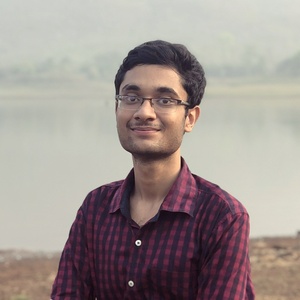
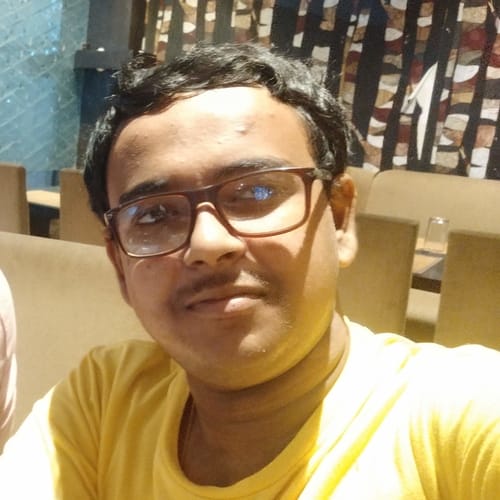
Timeline
The contest begins at 9:00 AM (SGT/GMT+8) on September 15, 2019 and runs until 11:00 PM (SGT/GMT+8) on February 2, 2020. Participants should take the time to read through the contest FAQ and familiarize themselves with the introductory information and Readme.md of each project before starting to work on an issue.
Sign up-
September 1, 2019 Official Announcement of "In the Heat of the Code"
Heat of Code officially announced.
-
September 15, 2019 Coding Starts
September 15, 9:00 AM (SGT/GMT+8)
-
Sunday Weekly, 2019/20 Scrum Update and Social Media Update every week or more often
Participants provide a weekly scrum to the mailing list, and update on their Twitter and Facebook by Sunday 10AM local time. More regular scrum updates are a bonus. Please use the scrum helper for your scrum stand ups.
-
November 15, 2019 First Blog Post in Contest
Contributors submit a two blog posts as a Google Doc and post it on the Codeheat spreadsheet. After approval by mentors participants will receive access to the FOSSASIA blog to post it. The first post should be ready by 15th November. The second post should be ready by 30th December. The posts should focus on features and technologies of projects.
-
Before November 30, 2019 First Developer Meetup Took Place
Contributors organize the first outreach event or meetup before November 30, 2019 using FOSSASIA using Eventyay platform.
-
November 30, 2019, 3:00 PM (SGT) Live Conference Call with Participants and Mentors
At 3:00 PM Singapore time on November 30, 2019 a live conference call will take place where participants can present their work and get feedback from mentors.
-
December 30, 2019 Second Blog Post in Contest
Contributors submit a two blog posts as a Google Doc and post it on the Codeheat spreadsheet. After approval by mentors participants will receive access to the FOSSASIA blog to post it. The first post should be ready by 15th November. The second post should be ready by 30th December. The posts should focus on features and technologies of projects.
-
Before January 25, 2020 Second Outreach Event was Organized by Participants
Contributors organize the second outreach event or meetup before Before January 25, 2020.
-
January 25-28, 2020 Participants submit Gist with a links to their work, a screencast and presentation on Google docs through a link on the program spreadsheet.
Participants provide a Gist with work outcome, screencast of their project and a presentation on Google Docs until January 28, 2020, 23:00 (SGT/GMT+8).
-
February 2, 2020 Coding Ends
Until February 2, 2020, 23:00 (SGT/GMT+8).
-
February 5, 2020 Winners and finalists are announced. Contributors receive certificates and Tshirts.
Announcement of Winners and Finalists on February 5, 2020, 23:00 (SGT/GMT+8). All participants with at least 5 pull requests merged will receive a digital certificate afterwards. Contributors with 10 PRs will receive a Tshirt (if postal service is feasible).
-
March 19-22, 2020 Grand Prize Winners participate in OpenTechSummit
The FOSSASIA OpenTechSummit takes place from March 19-22, 2020 in Singapore.
Frequently Asked Questions
Who can participate
We are looking for great coders no matter the status, age, gender or background. However, in order to be one of the grand prize winners you need to be able to travel to the FOSSASIA OpenTechSummit to Singapore from March 19-22, 2020.
What are the prizes?
Everyone who gets five pull requests merged during the contest period will receive a digital certificate of participation from the FOSSASIA organization. Developers with 10 merged PRs or more will receive a Tshirt or other cool items from FOSSASIA (if postal distribution is feasible).
Out of the top ten contributors in the contest three grand prize winners will be chosen by the jury. The grand prize winners will receive 600 SGD in travel support (please provide blog post and receipt, reimbursement at the event)
and a free speaker's ticket to the FOSSASIA Summit in Singapore from March 19-22. Plus, they will have the chance to present their work at the event. Other finalists will receive a 100 SGD travel voucher for a conference of their choice (please provide blog post)
and a free ticket for the FOSSASIA summit, if they can attend.
How are the Winners chosen?
When deciding on the Winners, the jury will review the work of the 10 developers with the highest number of contributions
gained during the contest. Apart from the code commits we expect two blog posts, community outreach, a screencast and other contributions.
Basically we are looking for good developers who are team players. That is why the sheer number of tasks is not the
only main criteria for choosing the grand prize winners. Same as in GSoC we are looking for quality work. In the end
from the 10 highest scoring developers, the jury will name 3 finalists as grand prize winners that will receive the
travel stipend to attend the
FOSSASIA OpenTechSummit. Because some tasks are more challenging than others just by the nature of the type of
task (for example, heavy coding versus solving a text typo bug), it is entirely possible that someone who completed
15 issues could be chosen as a Grand Prize Winner over someone who completed 35 issues, if they are both among the
top 10 contributors, they are eligible to be among the Winners.
How to contribute code in the contest?
* At first developers sign up on a Google form
here to participate.
* Then FOSSASIA admins will add them to the FOSSASIA Code Heat team on GitHub within a week (usually earlier).
* Each developer then searches for issues that interests him/her and claims ownership of a particular issue. The
developer works on the issue and if there are questions asks on the chat channel of the project. The main channel
for decision making is however always the GitHub issue itself.
* Once finished, the developers make a pull request from his/her own forked repository to the development branch
of the project and submit their work for review.
* Pull requests need to pass Travis builds, code CI tests and ensure migrations work.
* Mentors and core-developers from the organization evaluate the work submitted. If the work is accepted, the developer
earns 1 point for each accepted pull request and 1 point if they close an issue. So you could earn two points if you
close an issue with a pull requests. [Please Note: Sometimes developers try to “beat the system” by submitting lots
of small improvements as pull requests. Please consider that the jury is mainly interested in the substantiality and
quality of code contributions and the sheer number is not the main criteria.]
* After the pull request has been merged developers can claim another issue to work on if they wish.
* If the work needs polishing, the task remains open and the core-developer may give the submitter additional time
and guidance on improving their work.
* If the work does not meet expectations, the task can be reopened for another developer contestant to claim and
work on.
Please follow
FOSSASIA Best Practices to achieve the desired outcome.
What other contributions are part of the contest?
Other contributions in the contest are blog posts, weekly scrum updates to the project mailing list, a screencast and organizing meetups using the eventyay platform . We would like to see the following contributions from participants in the contest:
* A weekly (or daily) scrum to the mailing list by Sunday 10AM your local time using the scrum helper
* A weekly project update on your Twitter and Facebook and address it @fossasia @mariobehling @hpdang
* Two blog post, the first one by 15th November and the second one by 30th December according to the
blog post guidelines on a Google doc (Contributors with accepted blog posts will receive access to the
FOSSASIA Blog)
* Help to maintain cloud deployments of projects with the existing teams
* Organization of two developer outreach events or meetups using the eventyay platform (a) one before November 30, 2019 and (b) the second one before January 25, 2020. Please share the info and pics on Facebook and Twitter mentioning @fossasia.
* Support of high-school students in the Google Code-In program
* Create one screencast or videos about the project you are working on for the FOSSASIA YouTube channel before January 25, 2020 (You will receive access to the FOSSASIA Youtube, but share it first as a Google drive video, please)
* Make a project presentation with Google docs by January 25, 2020
* Create a Gist with a list of the work outcome by January 28, 2020
When does the contest begin? Can I join the contest at any time?
The contest begins at 9:00 AM (SGT/GMT+8) on September 15, 2019 and runs until 11:00 PM (SGT/GMT+8) on February 2, 2020. Participants should take the time to read through the contest website and familiarize themselves with the introductory information and Readme.md of the project before starting to work on an issue. Interested developers can join the contest at any time during the program.
How do developers register for the contest?
1. Developers should join the community and sign up for the following channels
* Signup for the FOSSASIA
Newsletter
* Star and fork repositories you are interested in on
GitHub
* Join the
FOSSASIA Chat on Gitter
* Follow
FOSSASIA on Twitter and the
Codeheat Twitter account
* Like
FOSSASIA on Facebook
* Join the
FOSSASIA Group on Linkedin
* Follow the
FOSSASIA Linkedin Page
* Subscribe to the
FOSSASIA YouTube Channel
2. Once the contest is open developers will be able to sign up on a Google form
here.
3. Developers will receive an invite to the FOSSASIA GitHub within a week (usually earlier). All developers should
then make their participation public by showing their membership as “public” in their GitHub profile.
Why should developers participate in the contest?
The idea of the contest is to introduce developers to the FOSSASIA projects and to provide an opportunity to build
up their development profile, learn how to work according to
Best Development Practices and ultimately become part of the development team. The contest also provides an entry
point and preparation for future coding programs like the FOSSASIA Google Summer of Code.
Many young developers are not yet deeply familiar with Open Source and the contest is an easy way to get involved
in this international community of developers, who want to help you learn and succeed. The contest is a gateway to
learning new skills as well as learning to work in a collaborative software development team. At the end of the contest,
developers can show their friends, teachers, co-developers and family members the work they did on public repositories
and the project applications itself - used by people around the world.
What programming languages do participants need to know?
There are various programming languages used in FOSSASIA projects ranging from web front-end to back-end technologies
and Linux technologies. You could even code on hardware firmwares and design hardware as a project. Here are a few
languages that are popular: Java, Kotlin, Javascript, HTML, Python, C++, Shell Scripts.
What do I need to do to be among the winners?
For us everyone is a winner, who contributes in whatever way in the community. However in contest setting there are
some points you should fulfil to increase your chances to be a finalist. To be among them it is important to work
according to the
FOSSASIA Best Practices and to provide the following:
* Continuous substantial contributions, pull requests, and code reviews
* Participate in chats on the project channels
* Provide continuous updates in weekly scrums, monthly blog posts
* Create one screencast and a presentation
* Provide a Gist with a list of the work outcome of your work by January 28, 2020
What is a scrum and where should I submit it?
A scrum is a simple update (also called standup) to inform others about what a developer is working on and if there are any impediments a developer encounters. In many company software projects developers provide a daily scrum in a live standup face to face. As Codeheat is not a full-time program and happening online, weekly scrum updates on the mailing list are a good start. If you are able to send out more scrums during the week that is definitely a bonus. Please use the FOSSASIA scrum helper to create your scrum report.
There are three questions that should be answered in a daily scrum mail:
1. What have you worked on last week/yesterday?
2. What are you planning to work on this week/today?
3. Are there any impediments that prevent you from achieving your goal?
Each answer should include a short sum up of the item and a link to the respective issue/pull request. Each pull request should have an issue that it is related to. Weekly scrum mails should be send out every Sunday morning before 10AM local time.
Which projects can I work on? Can I also contribute to other FOSSASIA projects as part of the contest?
You can always work on any project in the FOSSASIA GitHub org, but in the contest we count the contributions made in the projects listed on the Codeheat website.
How is the travel funding paid out and what happens if a grand prize winner is not able to get a visa?
The travel funding is provided in cash at the FOSSASIA Summit itself. In the event a Grand Prize Winner is not able to join the FOSSASIA Summit because he/she cannot obtain a visa or for any other reason, the runner up selected by the jury will be chosen as the Grand Prize Winner and the original Grand Prize winner will receive the 100 SGD travel funding to attend a local event in his/her area (the original Grand Prize winner will retain the title as a winner).
